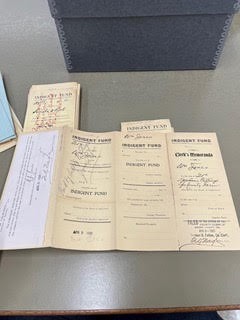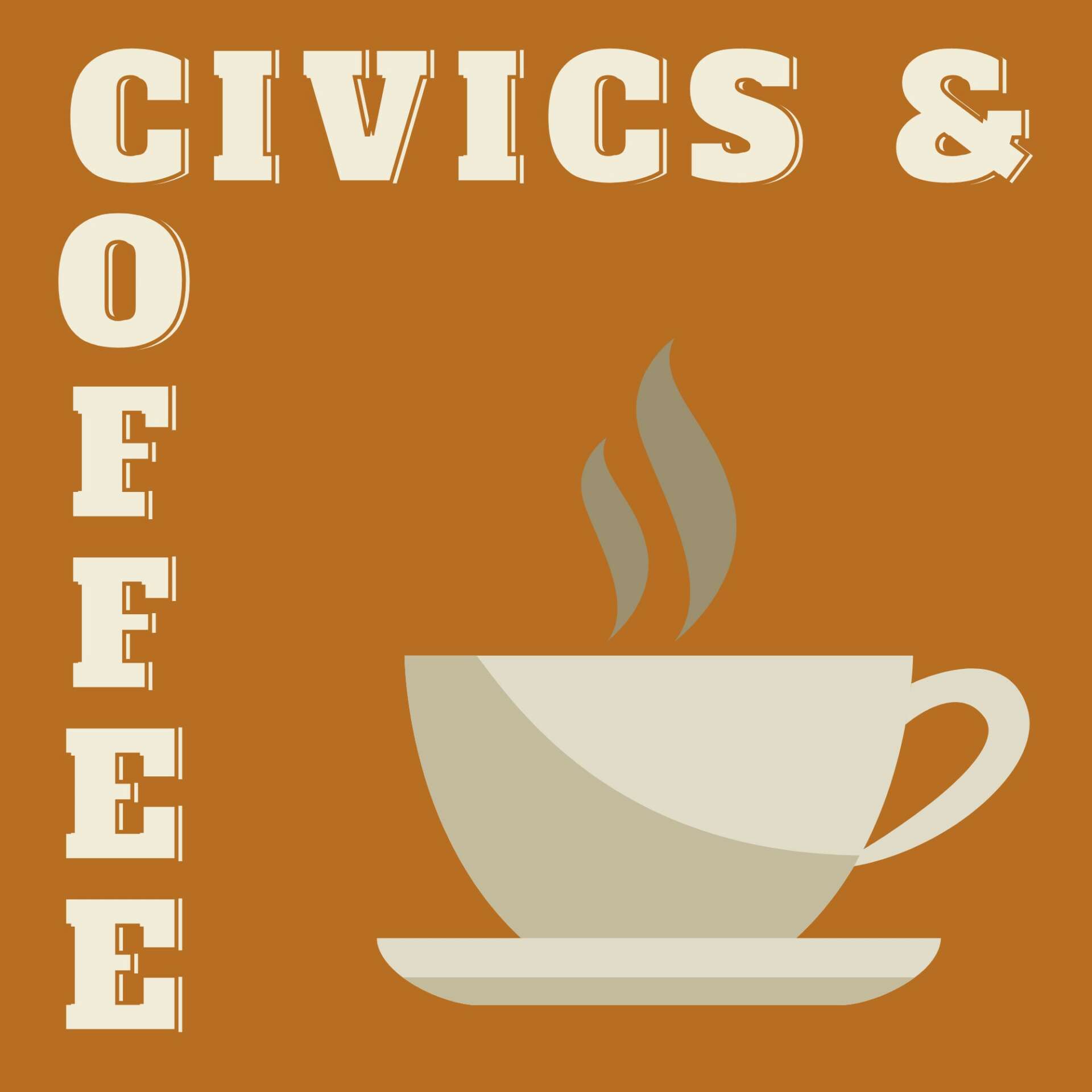We caught up with the brilliant and insightful Alycia Asai a few weeks ago and have shared our conversation below.
Alycia, thanks for taking the time to share your stories with us today How did you learn to do what you do? Knowing what you know now, what could you have done to speed up your learning process? What skills do you think were most essential? What obstacles stood in the way of learning more?
When I finally made the decision to jump into the historical podcasting space, I knew there were several skills I would need to learn. While I was confident in my ability to research and write a thorough narrative of an event given my historical training, I had no idea what would be required in the recording, editing, and publishing side of running a podcast. Luckily, both my educational and employment background prepared me well and I immediately leveraged my analytical expertise into learning everything there was to learn about producing a podcast. I spent many hours combing through blogs, YouTube videos, and social media blasts to determine best practices, required equipment, and successful launch ideas. The internet can be an overwhelming place and advice about starting a podcast was no different. In the end, though I took bits and pieces from various spots, Buzzsprout’s archive of articles proved to be the most robust and useful tool in developing my pre-launch checklist. For me, it was helpful to know that I was not interested in a co-host or guest based podcast. Being a solo, narrative driven podcast meant my equipment needs would be much less and I would enjoy much more flexibility on when and how I recorded an episode. The idea of creating a podcast is fun and exciting, but it does take work. It is important to know what you want to get from the show, what value you bring to the space, and what you want to accomplish before ever diving into learning the ropes.
The biggest set back I had in creating the podcast was technology. Or rather, the fear of technology. As a historian, I am a bit of a luddite and knowing I would need to do things like audio editing and recording gave me pause. However, my concerns were quickly alleviated when I discovered that Apple products have a wonderful in-house audio recording software (GarageBand) which meant the only thing I really needed was a microphone. The first few episodes were a bit of trial and error, mainly user initiated. When I went to edit, I manually tracked where I slipped up on pen and paper, noting the timestamp. It took me a few episodes to realize that my audio editing software was able to cut and paste much like a word document, saving me time which streamlined my process considerably.

Alycia, before we move on to more of these sorts of questions, can you take some time to bring our readers up to speed on you and what you do?
I run the history based podcast, Civics and Coffee. Focused on United States history, each episode tackles a person, place, or event from the past and breaks it down in a short form, narrative format. As my tagline says: history, in the time it takes to drink a cup of coffee. I am life long lover of history and graduated with my bachelor’s degree in History from Sonoma State University where I’ve recently returned to pursue graduate work. Throughout my professional life I have gravitated towards positions that focus on training and education so this podcast is a natural combination of my passion and experience. My goal is to help busy adults rediscover a love for the past as I believe, deep down, everyone is a history lover – you just haven’t found your niche yet!

We often hear about learning lessons – but just as important is unlearning lessons. Have you ever had to unlearn a lesson?
Diving into the historical podcast space meant combatting my imposter syndrome head on. History is such a robust analytical field and there are some giants in the industry who are well known practitioners of the craft. I was uncomfortable calling myself a historian because I “only” had a bachelor’s degree. I was worried people would tune in to the episodes and criticize my lack of knowledge, or find something else to fault in my show. And despite its continued strides toward diversity, the history podcasting community is still significantly male driven. How would I make space for myself in a predominantly male space? This lead me to initially downplay the podcast. I didn’t want it to draw too much attention because I was afraid of mistakes. And you know what? I did make a mistake! But the world did not end and it made me better and more prepared to move forward both with the podcast and with pursuing a higher level of historical training by pursuing a graduate degree.

What’s the most rewarding aspect of being a creative in your experience?
Nothing makes my day or week more than a listener who reaches out and shares how much they enjoyed an episode. So many people do not realize that indie podcasters put a lot of time and energy into producing our shows. We do not have in-house researchers or writers; no editorial team or sound engineer; no marketing assistant or booking agent. We do everything – and I do mean everything – ourselves. For many of us it is a labor of love, but it makes that labor so much sweeter when you hear your episode connected with someone else.
Contact Info:
- Website: www.civicsandcoffee.com
- Instagram: https://www.instagram.com/civicsandcoffee/?hl=en
- Facebook: https://www.facebook.com/civicsandcoffee/
- Twitter: CivicsPod
Image Credits
Alison Geoffrey


